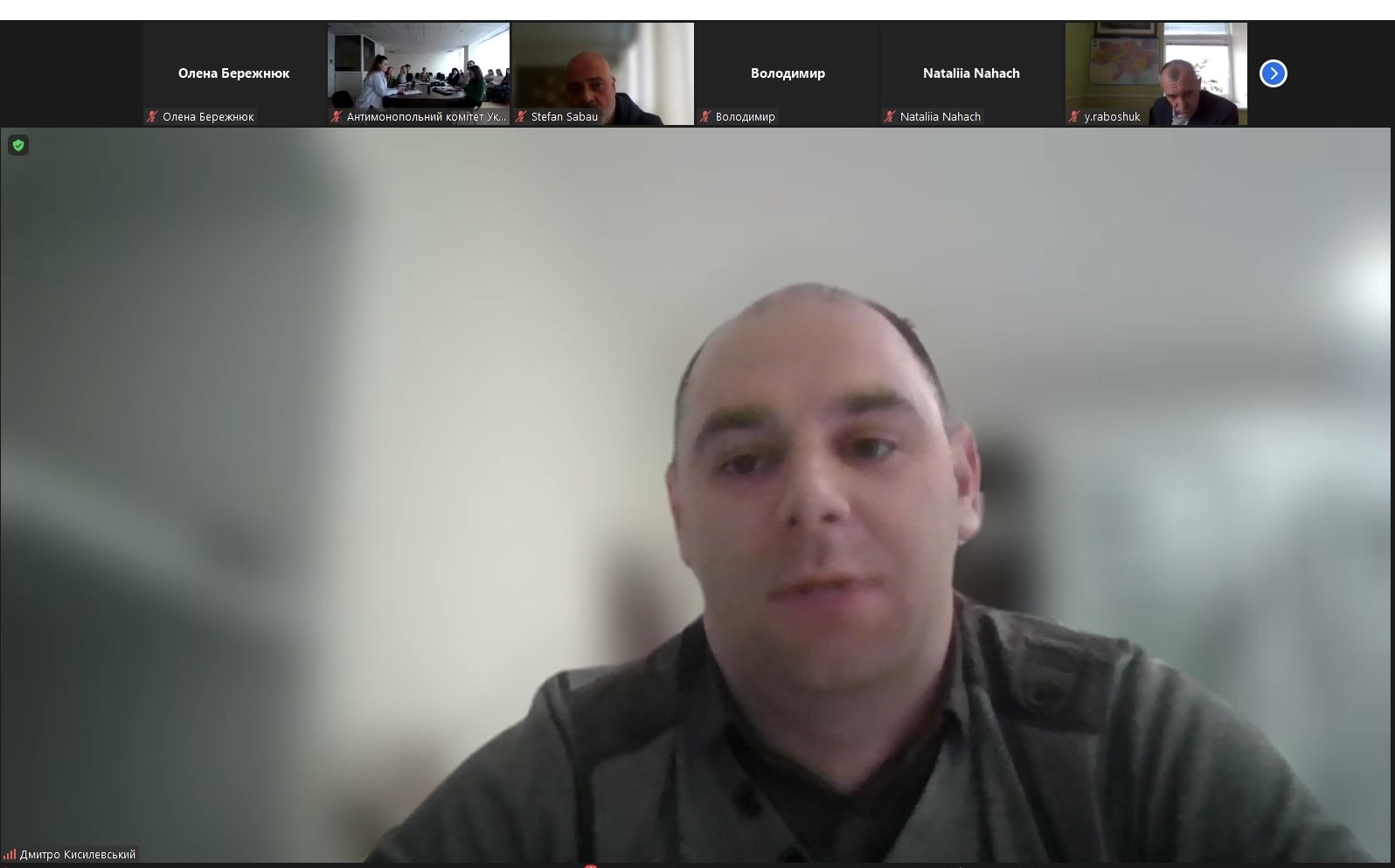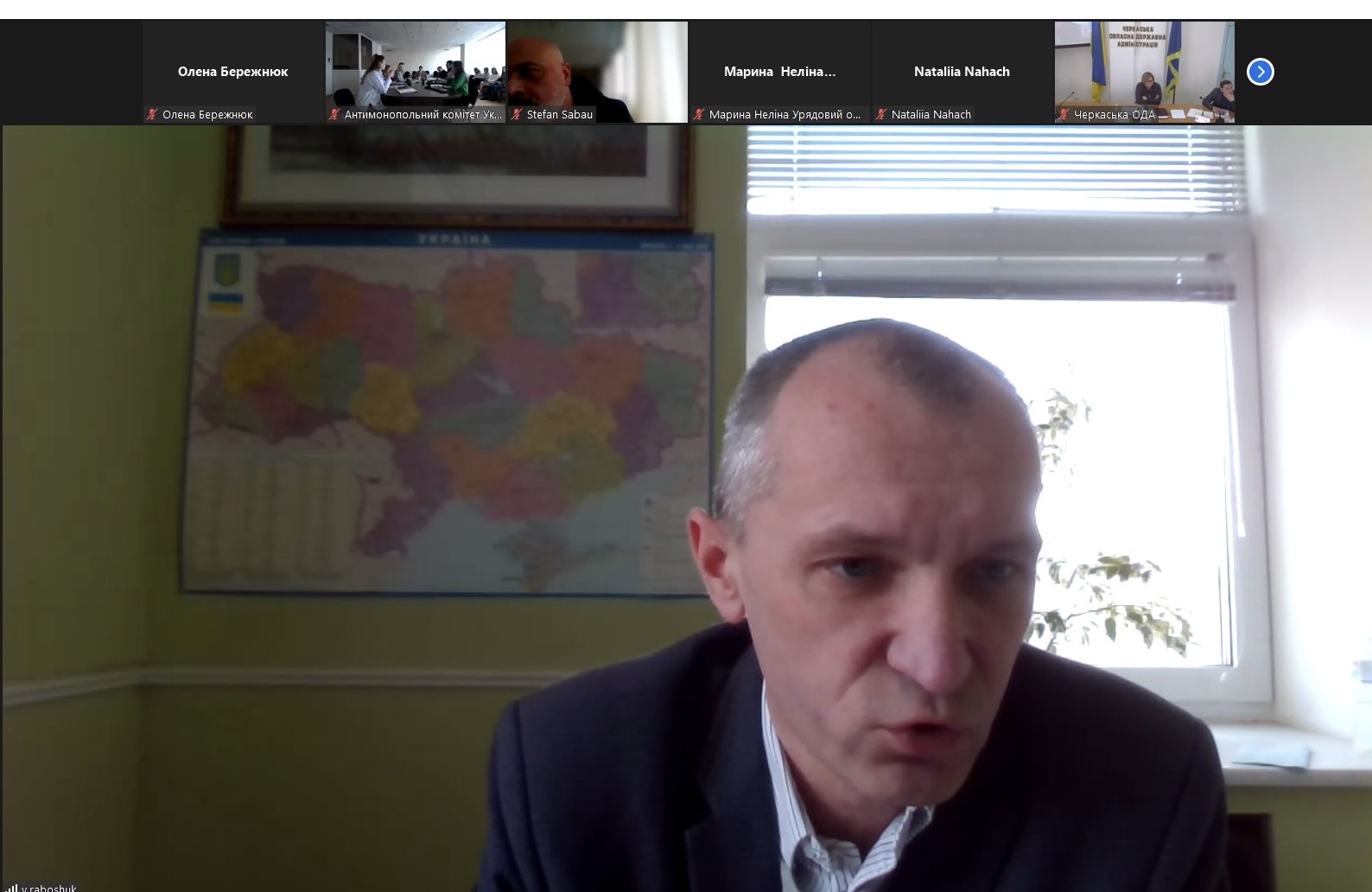“No burdens for local authorities”: Draft Law 5648 was discussed at the AMCU
The importance of adopting draft law No. 5648 “On Amendments to the Law of Ukraine “On State Assistance to Undertakings” and other legislative acts of Ukraine regarding State Aid to undertakings” and the benefits that it brings to grantors and beneficiaries of State Aid were discussed during a working meeting at the Antimonopoly Committee of Ukraine on February 1st. The event was attended by the Chair of the Antimonopoly Committee of Ukraine Olha Pishchanska, experts from Department for Monitoring and Control of State Aid of the Antimonopoly Committee of Ukraine, representatives of the Governmental Office for the Coordination of European and Euro-Atlantic Integration, the Parliament of Ukraine Committee on Economic Development, the EU Technical Assistance Project SESAR, Association of Ukrainian Cities and local authorities.
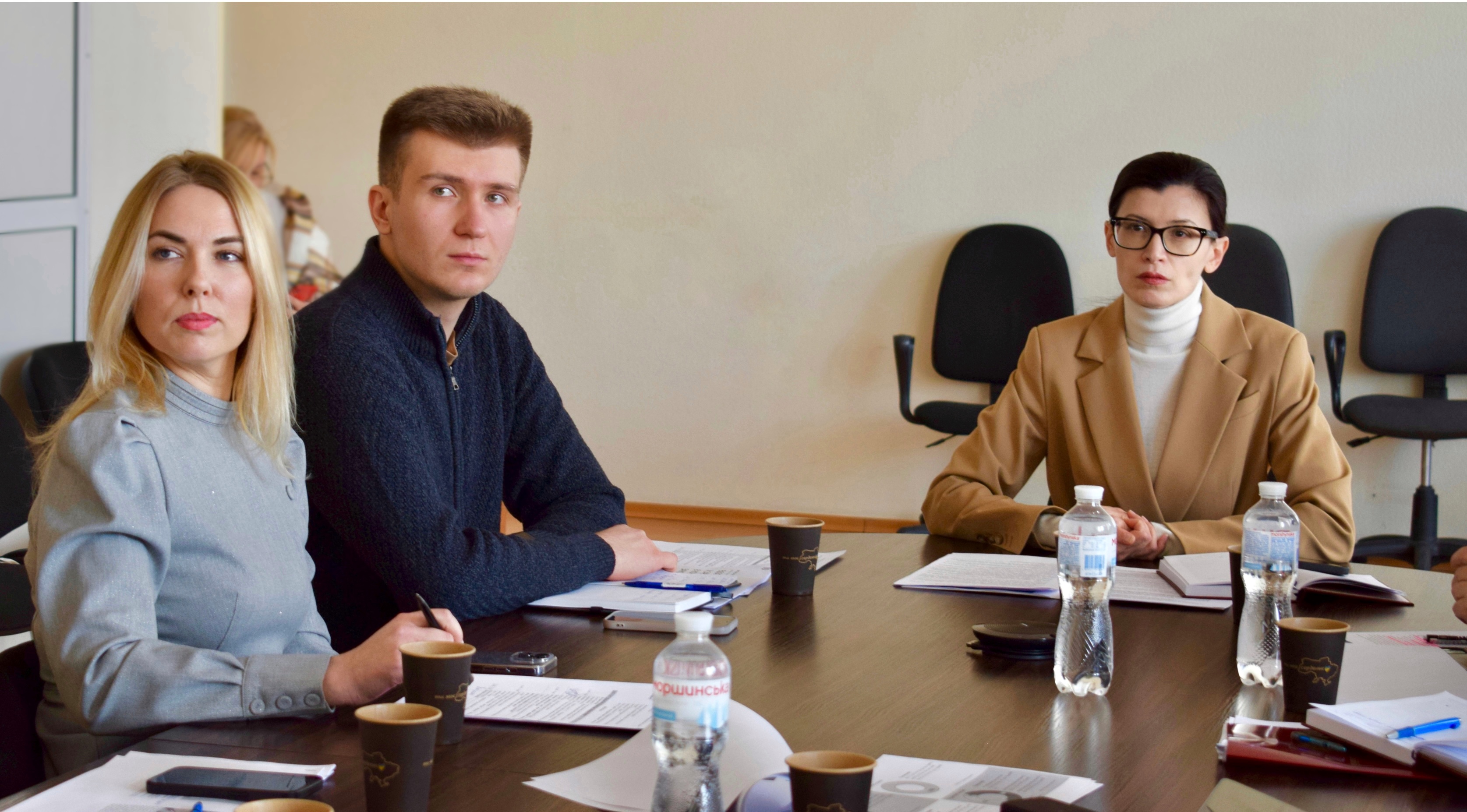
As the Chair of the AMCU, Olha Pishchanska, stated, updating the current legislation on State Aid will make it possible to more transparently and effectively manage state resources, including international aid. This factor is key in the formation of the investment climate and opens up wide opportunities for financing state programs with the funds of the European Union.
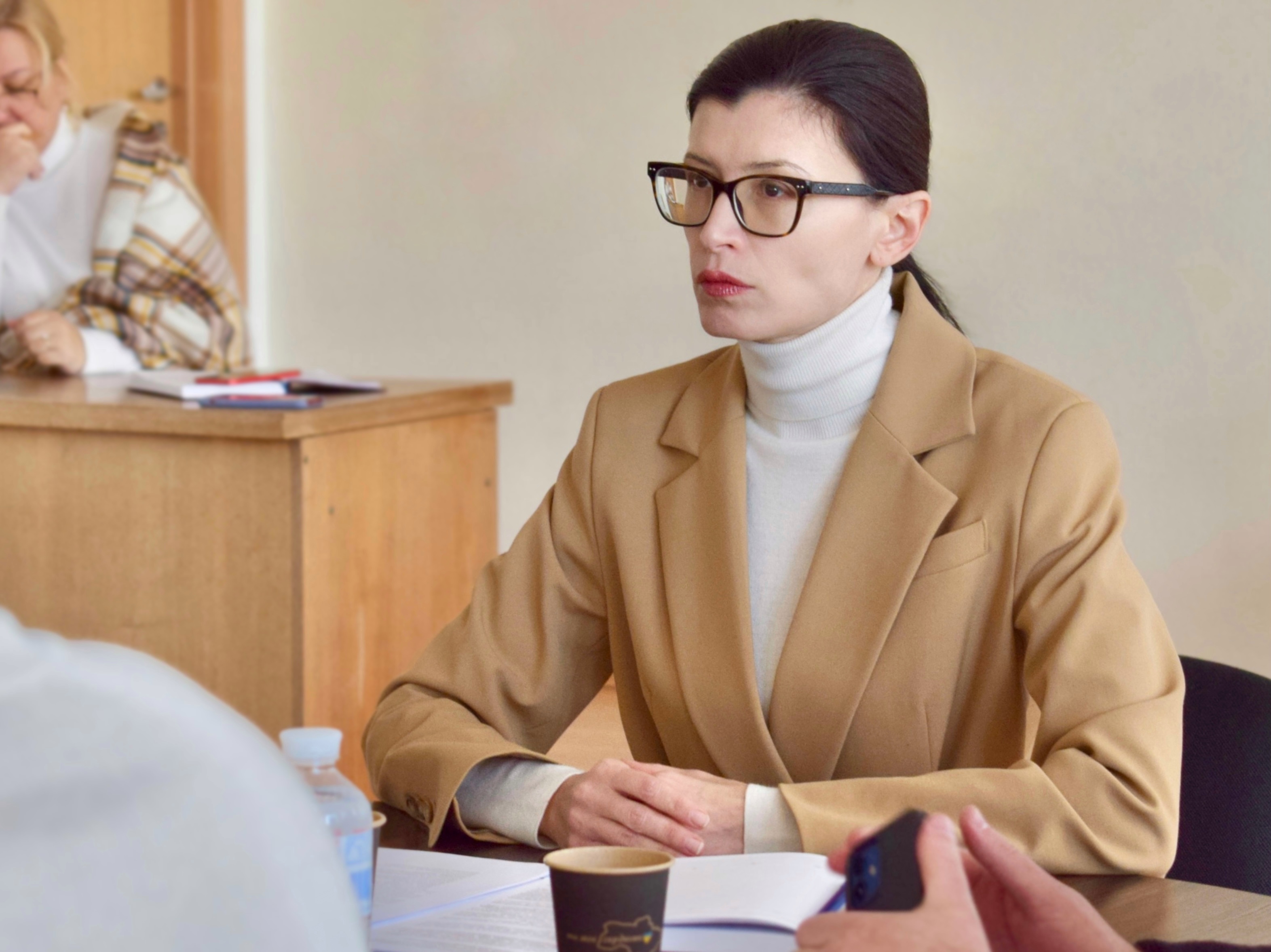
In particular, the head of the AMCU noted that the burden on authorities in terms of the need to report on State Aid will be reduced due to such innovations of the draft law as the introduction of signs of influence on trade between Ukraine and the EU and new definitions (“undertaking”, “economic activity” or “advantage”), as well as by increasing the minimum amount of support that does not require notification to 500,000 euros for services of general economic interest.
Olha Pishchanska also cited the example of the “Altmark” case (according to the decision, criteria of the same name were developed for determining the advantage as a component of State Aid) and emphasized that this case also concerned local resources. Therefore, according to her, both in the EU and in Ukraine, the concept of State Aid now extends to local resources and will remain so in the updated legislation.
“If we even assume that the local resource will be removed from the draft law, as proposed by some MPs and representatives of local authorities, this will create risks of non-transparent financing conditions and lead Ukraine to failure to fulfill its obligations under the Association Agreement. As a result, there will be great risks of blocking the process of European integration and international financing”, noted Oksana Chabanyuk, Director of Department for State Aid Monitoring and Control of the AMCU
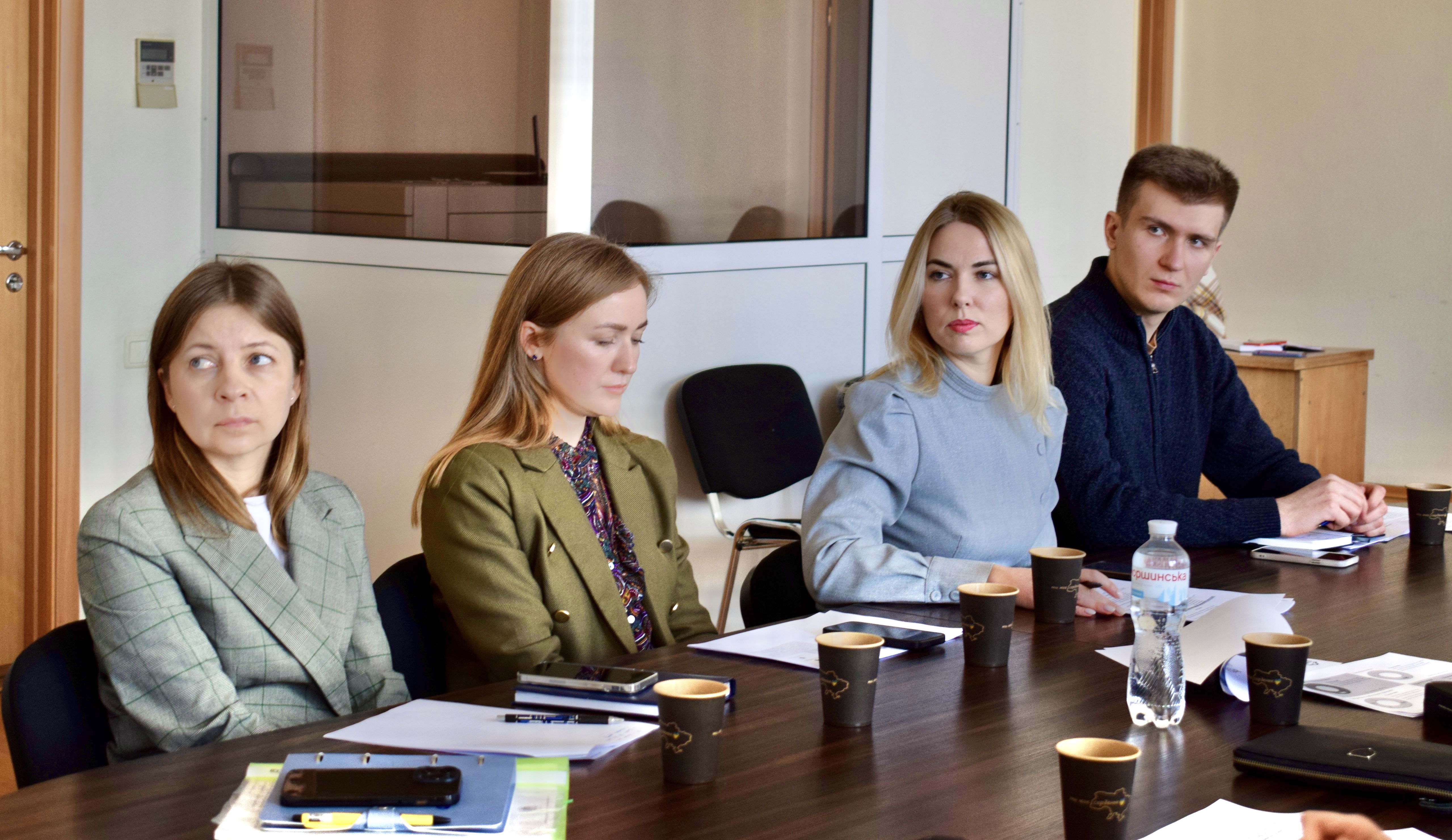
As the Team Leader of SESAR Project, Shtefan Sabau emphasized, the settlement of State Aid issues is one of the most important parts of the negotiations regarding Ukraine's accession to the EU.
“The exclusion of local resources from the State Aid law will suspend the process of Ukraine's accession to the European Union. Before this meeting, I also had a meeting with the EU Delegation to Ukraine and with the General Directorate for Competition of the European Commission. “Absolutely everyone with whom I talked asked not to exclude local resources from the draft law, because this would contradict the Association Agreement”, said Stefan Sabau.
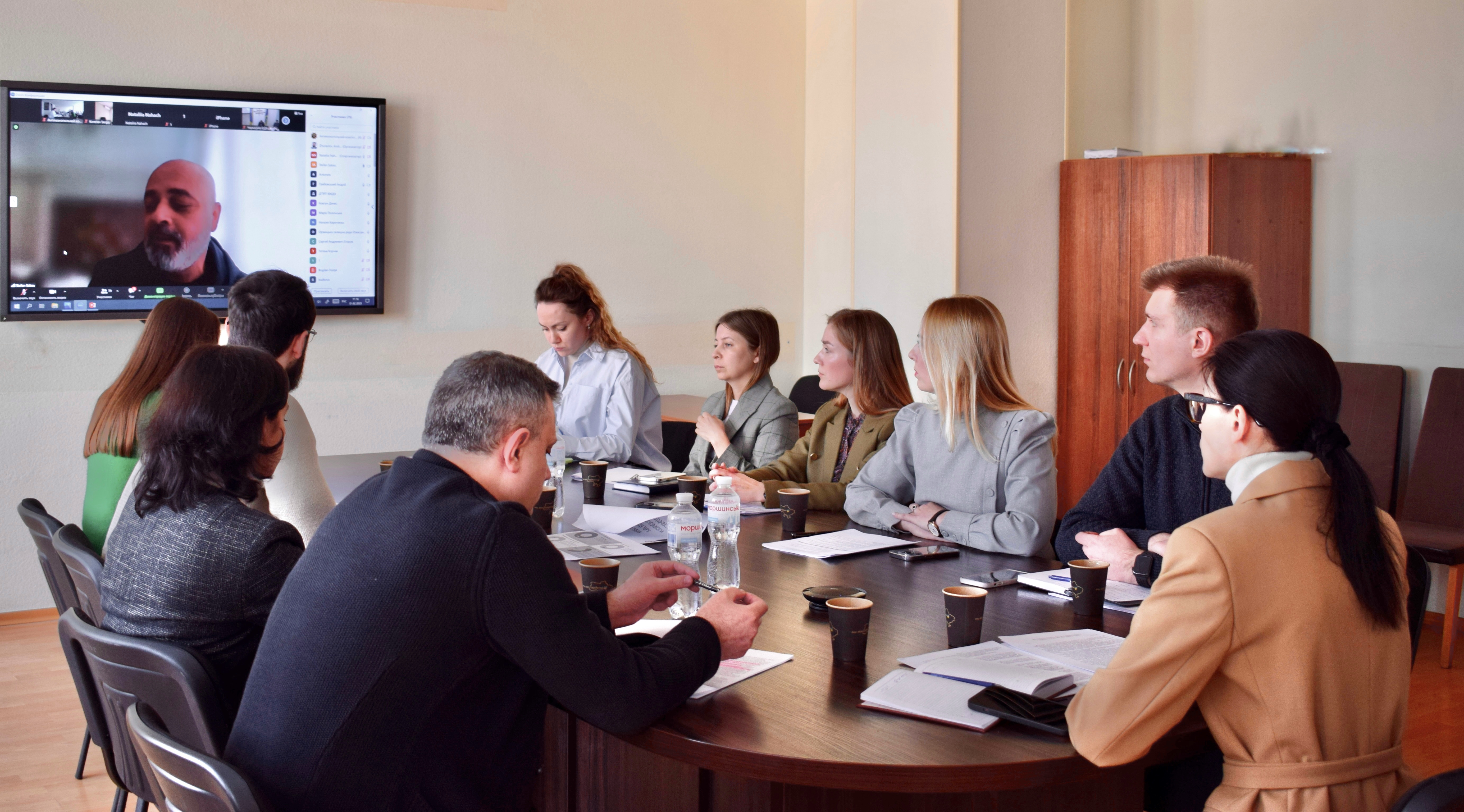
The head of the expert group on cooperation in the field of customs, financial policy, taxation and entrepreneurship of the Governmental Office for the Coordination of European and Euro-Atlantic Integration, Maryna Nelina, supported the same position: “Now we cannot talk about rolling back the progress we have achieved. It is unacceptable to adopt any legislative act that will in any way limit or lower the standard that Ukraine has already achieved for the purpose of integration into the EU internal market and acquiring membership”.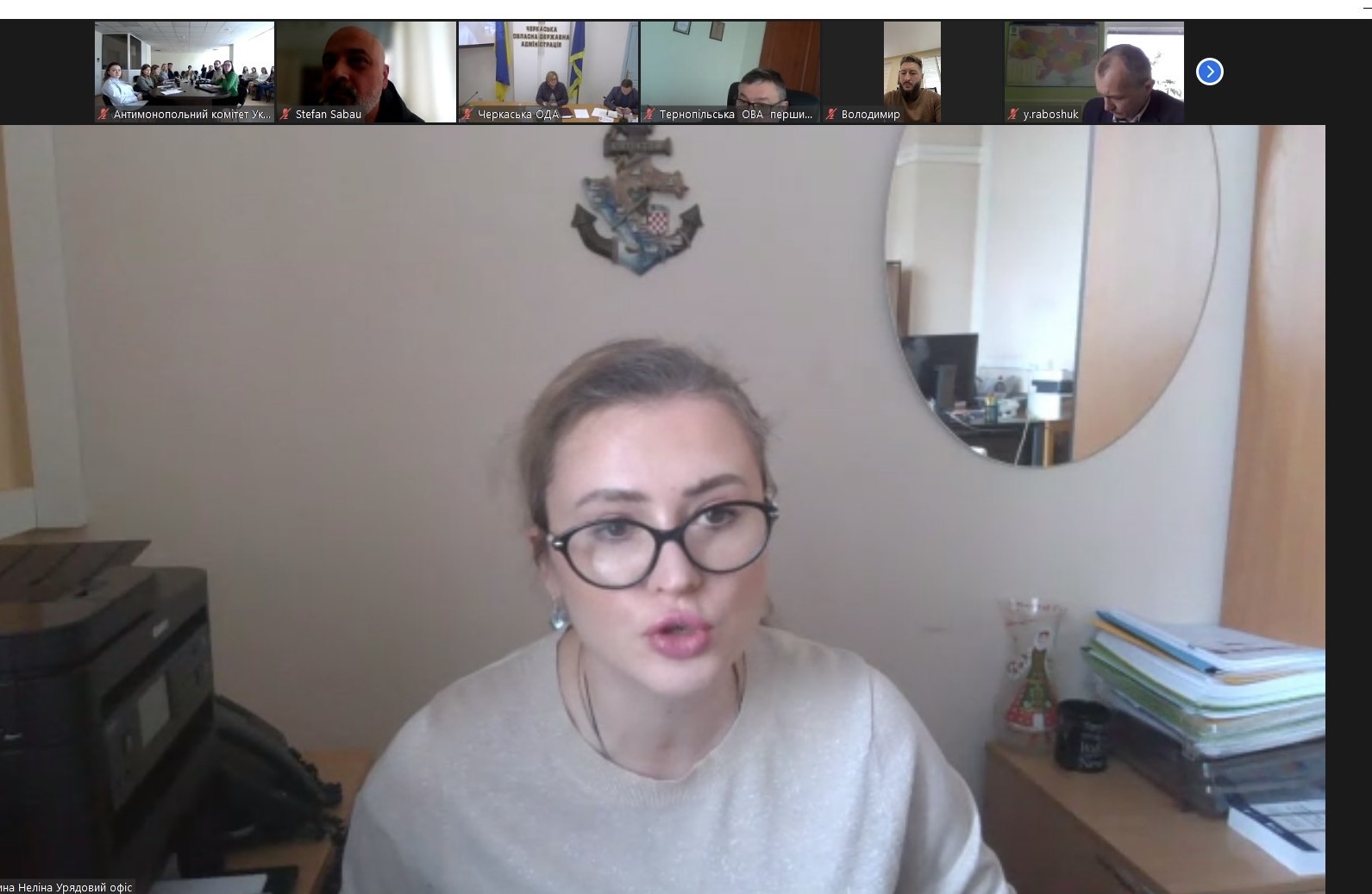
MP of Ukraine Bohdan Kitsak, in his turn, noted that in view of Ukraine's international obligations, discussions on whether it is necessary to control State Aid are inappropriate, instead, work should be carried out to clarify the norms of the relevant legislation.
“If a clear list of what is State Aid and what is not is drawn up and brought to community representatives, it will remove a huge number of comments”, the MP believes.
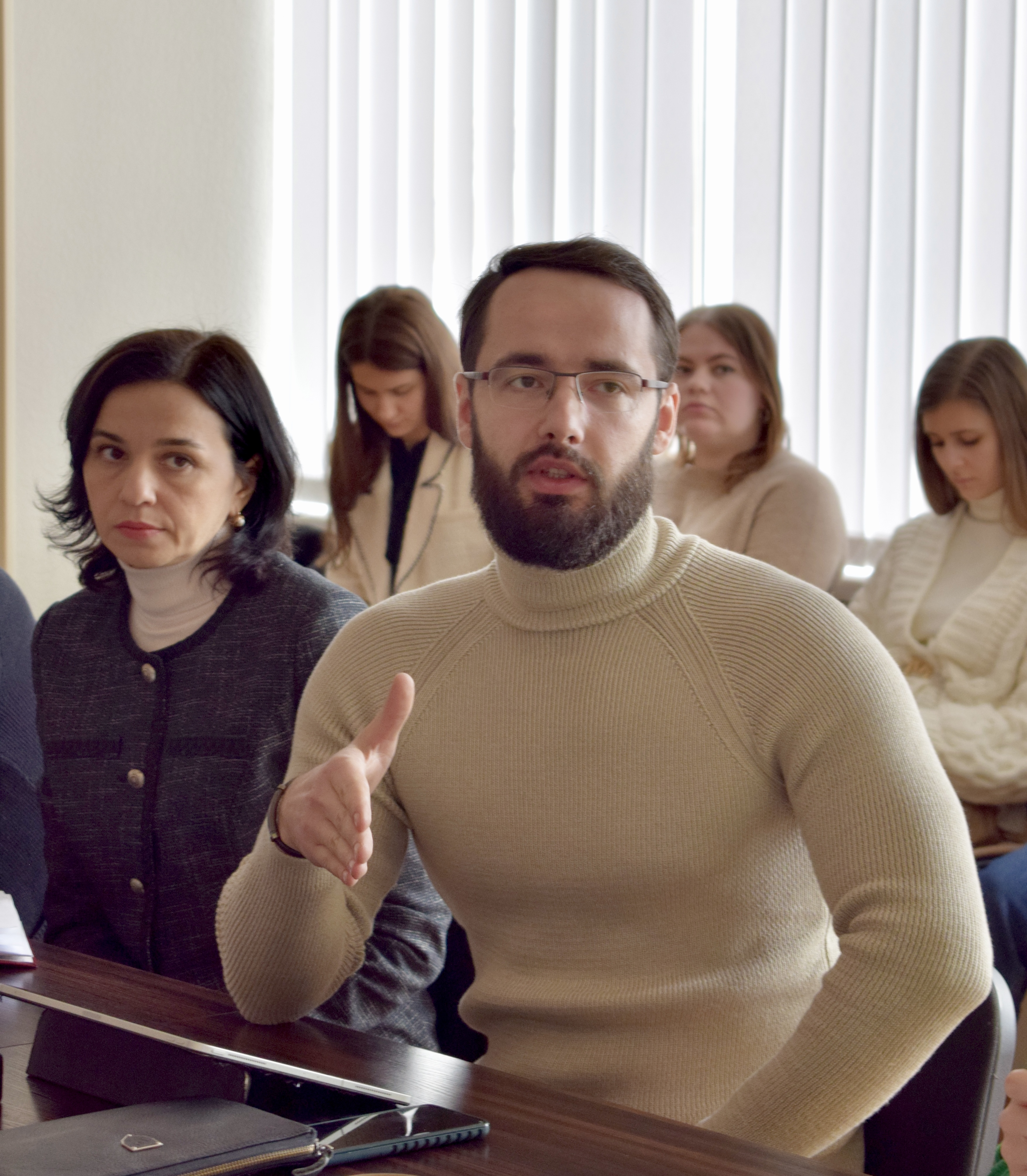
During the meeting, AMCU presented the statistics of its decisions on State Aid for 2019-2022. In particular, during this time, only 8% of the total number of notifications involving local resources were recognized as incompatible State Aid. And support in the field of water supply and drainage, education, social sphere in 100% of the considered cases was generally recognized as not being State Aid. Also, in 100% of cases, State Aid in the field of heat supply was recognized as compatible.
As for incompatible State Aid, 35% of cases related to household waste management and 4% to tax measures.
During the meeting, its participants also exchanged opinions regarding the voiced remarks and comments of individual MPs, local self-government bodies and specialized associations regarding the content of draft law No. 5648. As a result, the parties reached an agreement on the need to continue consultations and strengthen cooperation in the process of preparing the draft law for repeated first reading at the Parliament.
